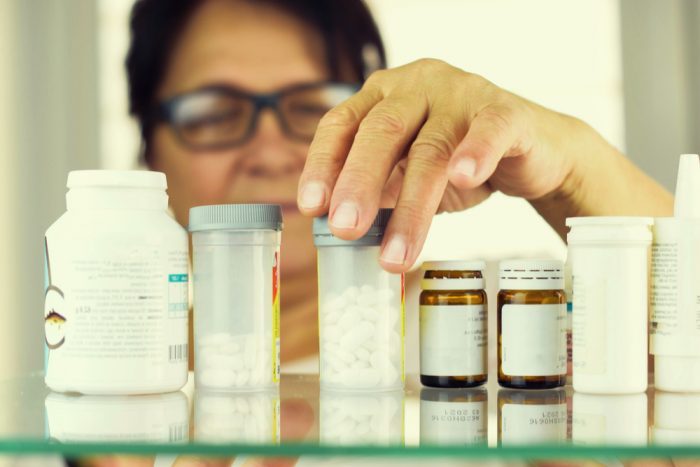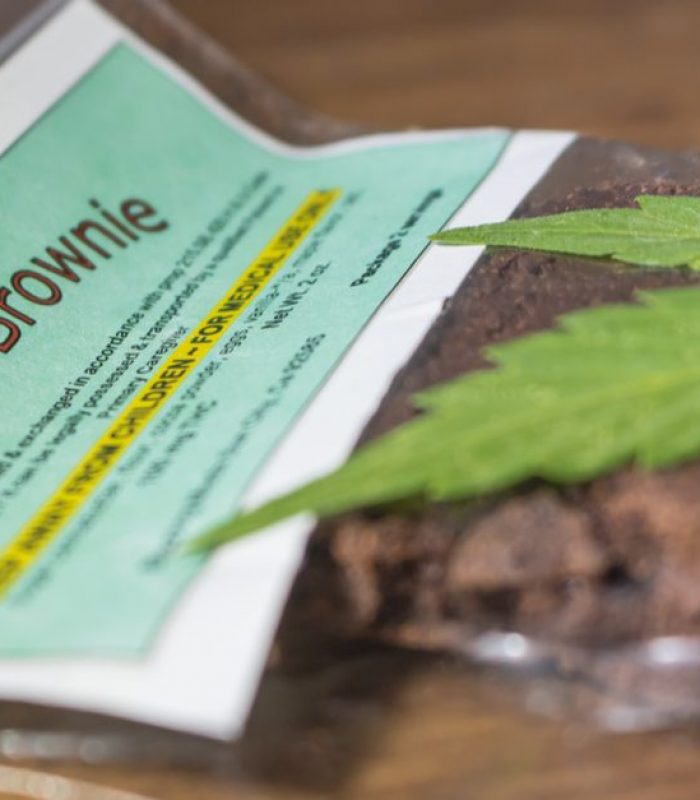The government is sending Ontario pharmacists back to school to get up to speed on cannabis.
Six months after full legalization roll out in Canada, consumers still have few people to turn to for accurate and reliable information. Even if they are long time patients within the medical cannabis program, the information is sparse. The Canadian medical system continues to treat cannabis quite differently than other, more conventional, prescriptions.
Pharmacists Are Experts in Medicine Except Cannabis
Where do you turn if you have questions about finding therapeutic dose, proper intake methods, possible psychoactive effects? If we were talking about conventional prescriptions, you would turn to your pharmacist. The same person that fills your order is often the most accessible healthcare provider Canadians have. They are knowledgeable about dosage, interactions, and adverse reactions. Can you take this pill with food? What do you do if you forget a dose? They typically can answer most prescription-related questions.
But what about a cannabis prescription? Most pharmacists have little to do with the world of therapeutic cannabis. Canadians receive a prescription for cannabis from their physician, a separate federally managed system fills it, medicine is shipped, and any questions are answered by the internet. If you’re lucky, you live in a larger city center with a couple illegal dispensaries and can talk to the budtender there. Even that is hit and miss for help.

Government Sends Ontario Pharmacists Back to School
In Ontario, this dual prescription system is about to change in one key way. The Ontario College of Pharmacists announced in March 2019 that all licensed pharmacists in the province must undergo new certification specifically covering cannabis in order to keep their license up to date. So far, Ontario is the only province to announce such measures.
According to a report by the CBC, the College set a deadline of March 2020 for all pharmacists in the province to complete the additional training. The certification, which began in March 2019, covers the ethical, legal, and professional responsibilities pharmacists have when it comes to the plant.
While many other provinces are hesitant to implement cannabis specific curriculum, the Ontario College of Pharmacists has seen an uptick in questions about it. The College said in a statement to the CBC: “As the availability of recreational cannabis expands, pharmacists will have to consider that any patient may need to be informed on the interaction of cannabis with other medications, much like they do for alcohol use.”
Why is this Not More Common?
Other topics covered by the new course are methods of dosing, adverse reactions, and common questions. As per the College, “As medication experts who are often the most accessible health-care provider for patients, pharmacy professionals play an important role in educating their patients if equipped with the necessary knowledge.” So why aren’t other colleges across the country stepping up? Cannabis is legal for medicinal and recreational use across the country. Presumably, the questions pharmacists are facing in New Brunswick and British Columbia are similar to those in Ontario.
The problem with cannabis is that in most cases, there isn’t the same kind of information available about its use, abuse, and dosage when compared to other conventional pharmaceuticals. Prohibition has dampened and slowed cannabis research. Therefore cannabis lags behind most pharmaceuticals in regards to focused clinical studies.
Many provinces are wary about merging it into conventional pharmaceutical practices without the same level of information. Authorities are playing it by ear, waiting to see how Ontario fairs before beginning a training program of their own.
Private Preparation for Cannabis Knowledge
CBC reports that many pharmacists outside of Ontario (and within) are already taking matters into their own hands. They are taking private courses to arm themselves with information. Pharmacists already anticipated the need as the medical cannabis landscape evolved in Canada.
Pharmacists often ask about alcohol consumption, especially with certain prescriptions. A question about cannabis consumption shouldn’t be far behind. While cannabis generally doesn’t have a high risk of side effects, there is some evidence it may change the effectiveness of hepatic drugs and some anti-seizure medications. For instance, you need to consider how your cannabis consumption affects the strength of prescription drugs with liver metabolization. At the very least, it’s worth monitoring. But this is significantly more difficult when your pharmacist doesn’t understand one of your medications.

It’s crucial for your pharmacists to know about all the medications in a patient’s daily routine. How does the morning medication present in the evening? What are interactions between the two that the patient should know about? Can one lower the effects of the other?
In the words of a Michael Beazely, an Ontario professor behind the new cannabis course, “Ideally, pharmacists should know about all of a patient’s drug use — whether it be over-the-counter, natural health products, vitamin supplements, prescription drugs or recreational drugs, legal and illegal.”
Now, in Ontario, pharmacists will be able to advise on dosing and possible contraindications.





